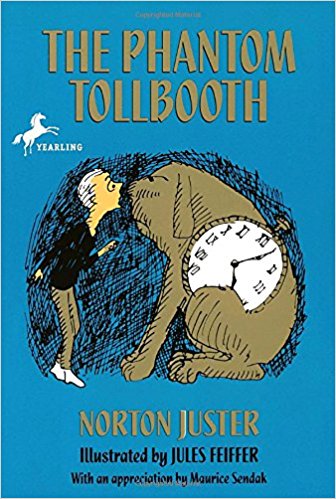Search Listing Name
product:
Ancient Egypt: Gift Of The Nile Teacher Guide
Ancient Egypt: Gift of the Nile
Grades 2-3
This unit is designed around the idea that human civilizations develop and sustain themselves as a collection of interdependent systems. The civilization of ancient Egypt forms the central content of the unit, with exploration of systems of agriculture, economics, language, and leadership in this ancient culture. Students broad
product:
Ancient China: The Middle Kingdom Teacher Guide
The civilization of ancient China forms the central content of the unit, with exploration of systems of language, leadership, economics, and architecture in this ancient culture. Students broaden their understanding by comparing the ancient Chinese civilization with aspects of their own lives and communities.
There is a required Learn more
product:
Building A New System: Colonial America 1607-1763 Teacher Guide
Building a New System: Colonial America 1607-1763
Grades 4-5
This unit begins with an in-depth study of the interrelationships within the Chesapeake Bay System between the Native Americans and the early English colonists in Virginia. The unit then turns to an exploration of the economic, social, and political systems of early America across the colonies, comparing and contrasting the
product:
The World Turned Upside Down: The American Revolution
The World Turned Upside Down: The American Revolution
Grades 4-5
Intensive document analysis and exploration of the concept of cause and effect form the foundation of this unit exploring the Revolutionary period in American history. The World Turned Upside Down explores the chronology and major events leading up to and during the Revolutionary War and uses primary sources to demonstrate the social and political context.
product:
Electricity City: Designing an Electrical System
The award-winning Electricity City unit provides a creative and interdisciplinary approach to introducing fifth- and sixth-grade students to electricity. In this simulated activity, a large recreational complex is being built in the middle of a city, and the students' role is to plan the site's electrical needs, as well as create additional back-up plans. This real-world problem requires students to analyze the situation, determine what type of research is needed, conduct experiments, and evaluate solutions--all experience

